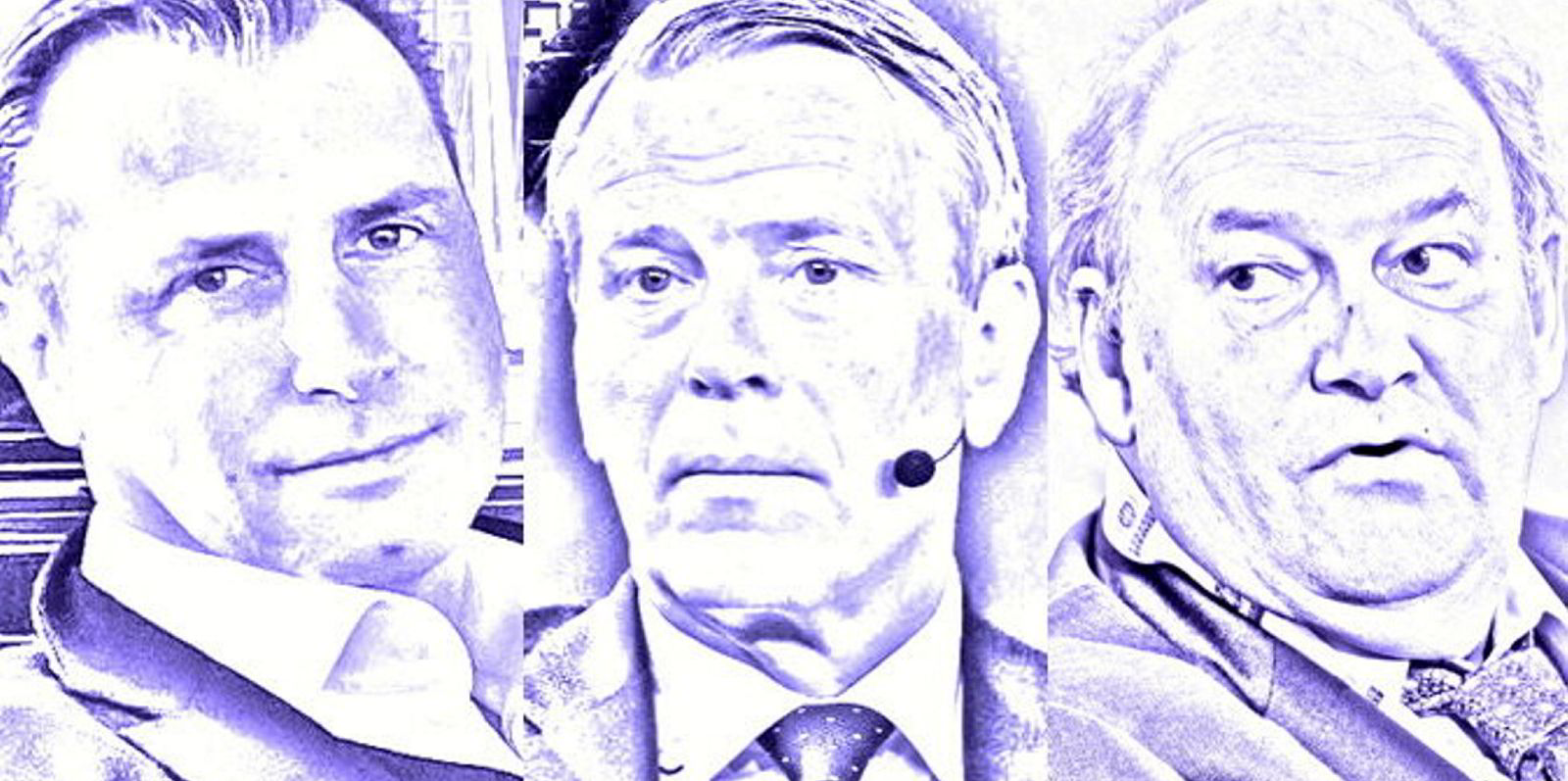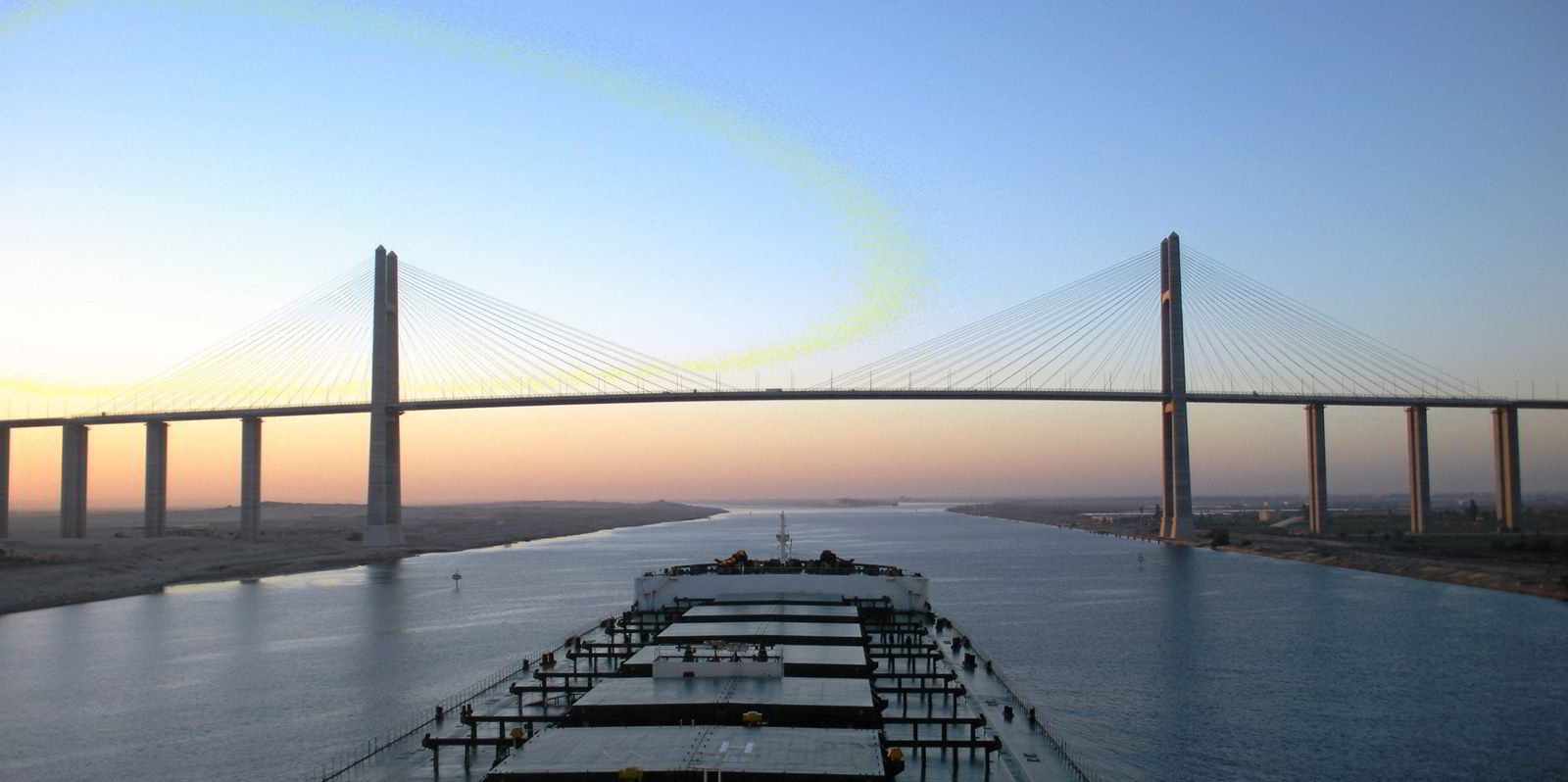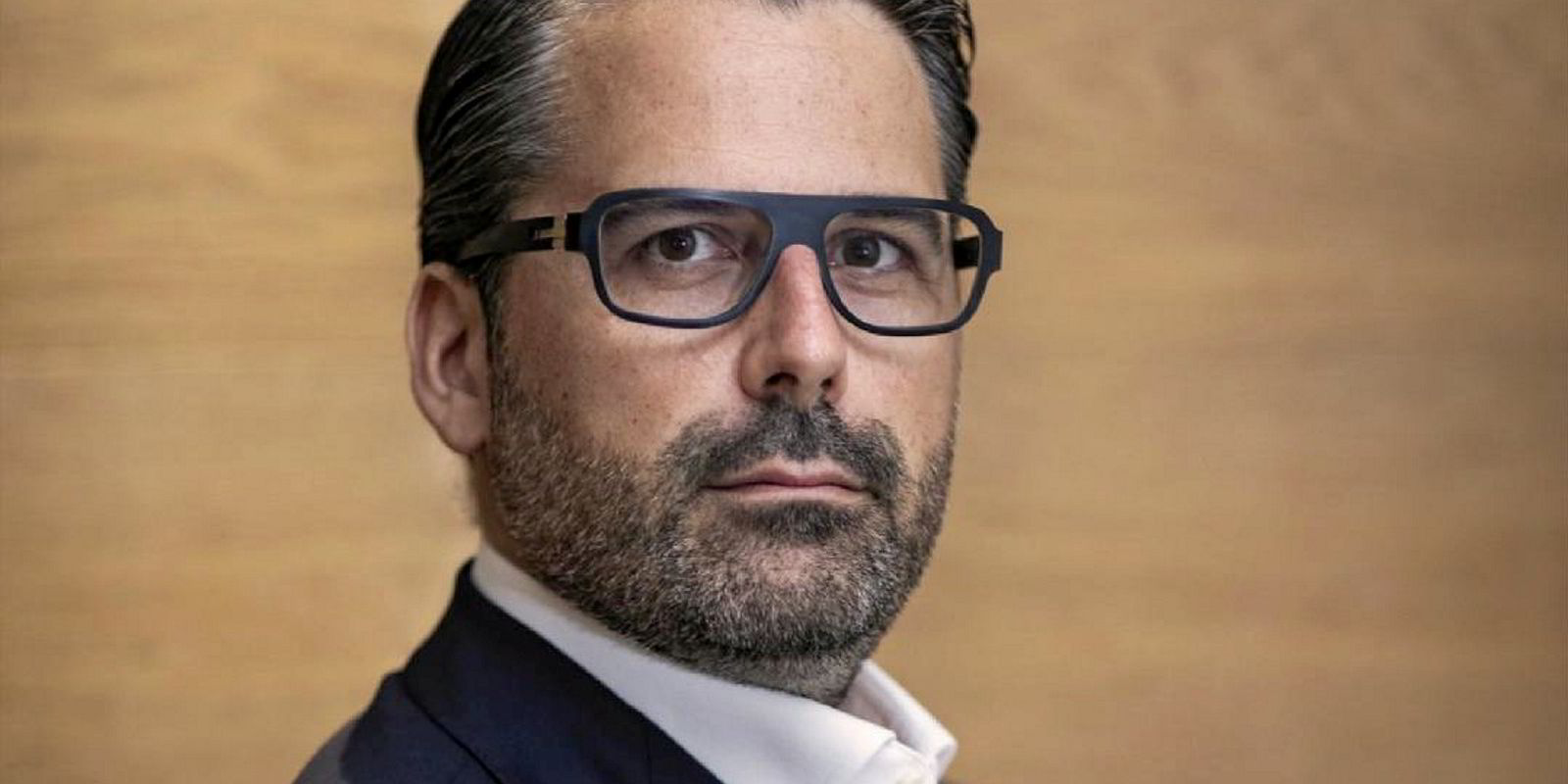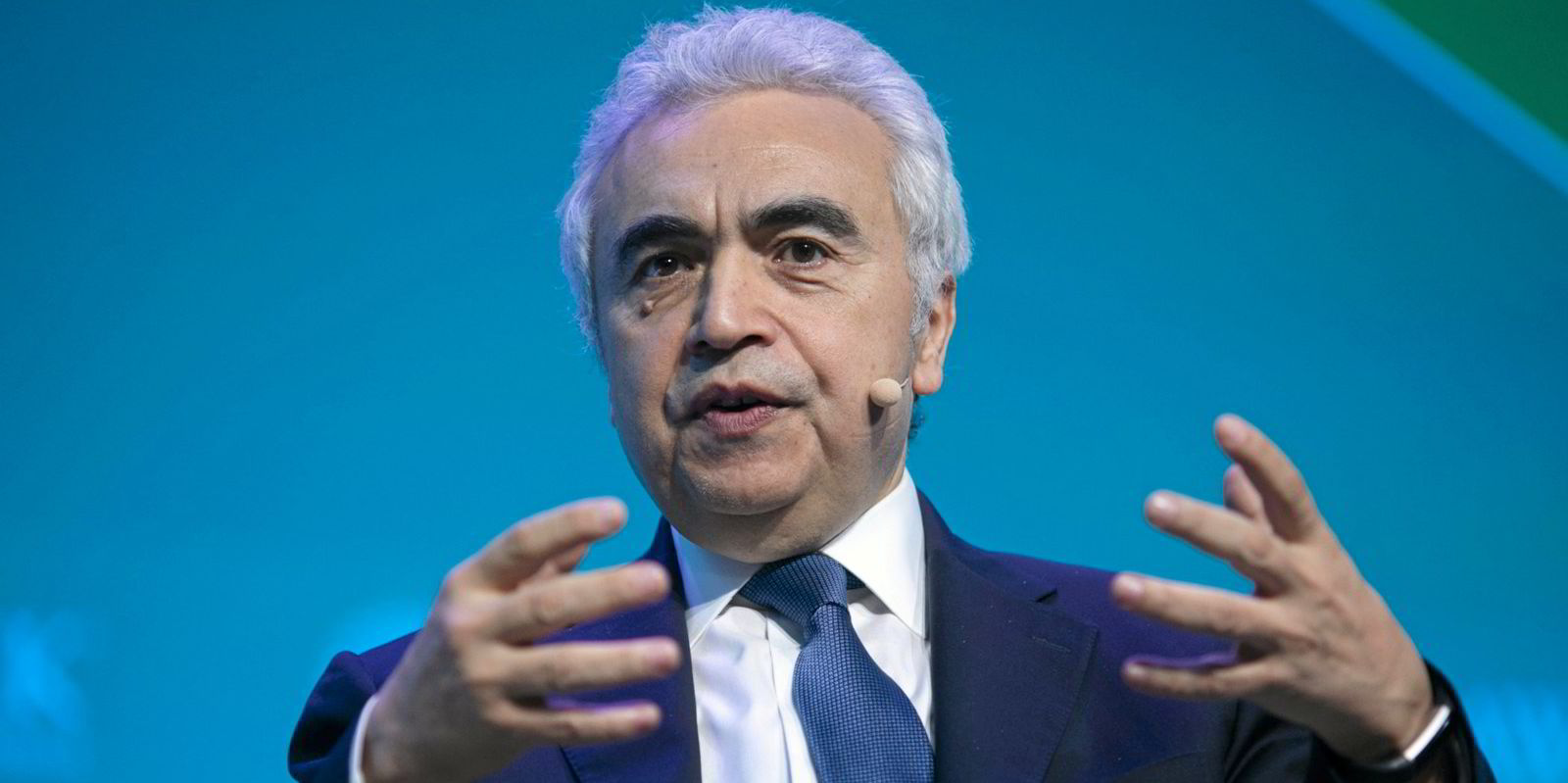Erik Frydendal is thinking about the downsides of the tanker market.
It is not easy.
In a recent interview with TradeWinds, the Hunter Group chief executive acknowledged that while anything and everything can go wrong in shipping, the fundamental picture was so good that it was hard to pinpoint a major roadblock to a strong market upcycle.
“When you can’t see any skies, that’s when you should be scared. There are always some risks here, but at least the things we do have [some visibility on] seem pretty clear,” he said.
“If you ask me what it’s all about? Supply and demand.”
That is, the orderbook is small — 6.6% of the total tanker fleet, with the vast majority of new tonnage hitting the water in 2025 or later, according to Clarksons — and oil demand is forecast to creep upwards, providing a solid fundamental basis for stronger rates in the coming year.
While market observers, from brokers to analysts to owners, new and old, are weighing issues such as interest rates and Opec production cuts, one issue stands out. Call 2024 the tanker market’s search for a black swan-like event.
Strong 2024? Stronger 2025?
The positives helped push one-time VLCC owner Hunter Group back into the segment early in December by chartering in a scrubber-fitted, eco-designed VLCC on a three-year back-to-back index-linked charter.
It cites figures from Fearnleys, showing the VLCC segment adding just two ships next year and four in 2025, while the US Energy Information Administration forecasts oil demand to climb from 102m barrels per day this year to 106m bpd by 2028.
More traditional, larger owners, from Robert Bugbee at product tanker giant Scorpio Tankers to Frontline chief executive Lars Barstad, share the company’s multi-year positive outlook, as does Steem1960 Shipbrokers analyst Anders Staubo Nordahl.
“I think, fundamentally, this is a strong market that hasn’t seen the best yet,” Nordahl said.
While 2024 will see some supply-side strength, ships ordered in the first decade of the 2000s will start ageing out of the fleet in the coming years, boosting the supply-side story from 2026 onward, he said.
Nordahl said the market has coped with the G7 sanctions against Russia, removing a measure of geopolitical uncertainty. China and its refined product export quotas could be an issue, but the refinery shift away from Europe and to the East was positive for tankers overall. And Opec production cuts do not always have a direct correlation to exports.
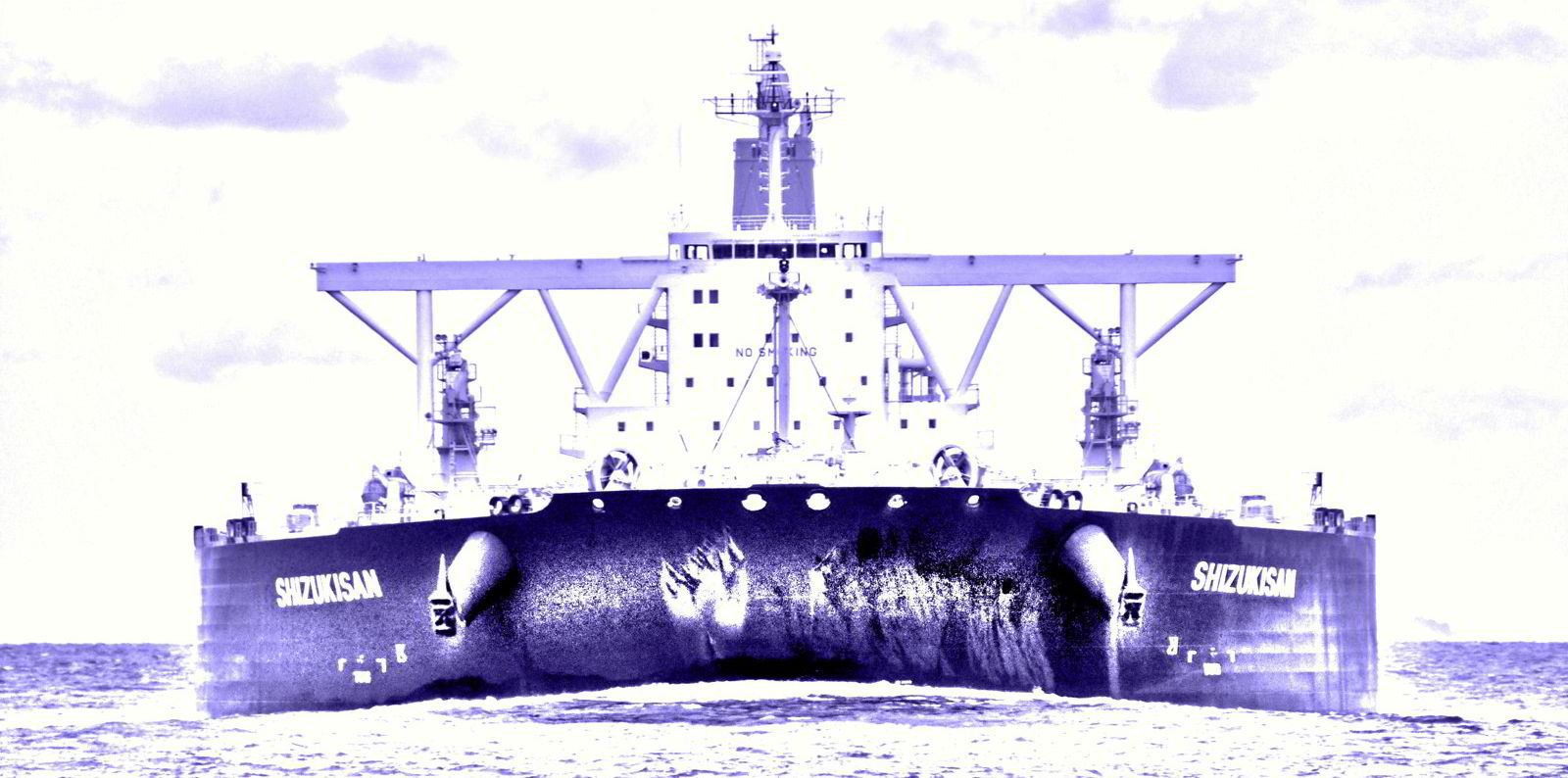
Macroeconomic fears persist, but even in the aftermath of the 2008 financial crisis, oil consumption only dipped by 2%, and the crash in rates then was driven not only by that drop but by vessel oversupply, a lack of cheap capital and problems in commodities markets, he said.
To derail this market, Nordahl thinks you would need a catalyst that craters oil demand, like a massive recession or another global pandemic.
“It would have to be something … that lasts for a while,” he said of a theoretical event akin to a black swan. “If we see grounded flights and people working long-term from home, that’s going to affect it.”
Volatility looms
One factor that Nordahl does expect to play a big part in the tanker market is owner psychology.
He said expectations of a strong market can be self-fulfilling, with owners holding out for high rates before sharp corrections downward if the market fails to live up to expectations.
“When everyone’s bullish, two things happen: People hold out because they’re waiting for this bullish scenario to happen, which can make it happen, but it also sets the scene” for deeper lows, he said.
For Frydendal, that arrangement, if not preferable, works. Hunter Group is forecasting average rates for scrubber-fitted, eco-designed VLCCs north of $84,000 per day in 2024 and $87,500 per day in 2025.
“The best for us would just be stable high rates, but I think the important thing here is the shipowners need to make money,” he said.
“Within the tanker space, that hasn’t really been the case in a big way for a long time. It’s kind of been the shipowners subsidising the oil companies, and the oil companies have clearly made bundles of money.
“It’s fair that it’s the tanker owners’ turn.”
